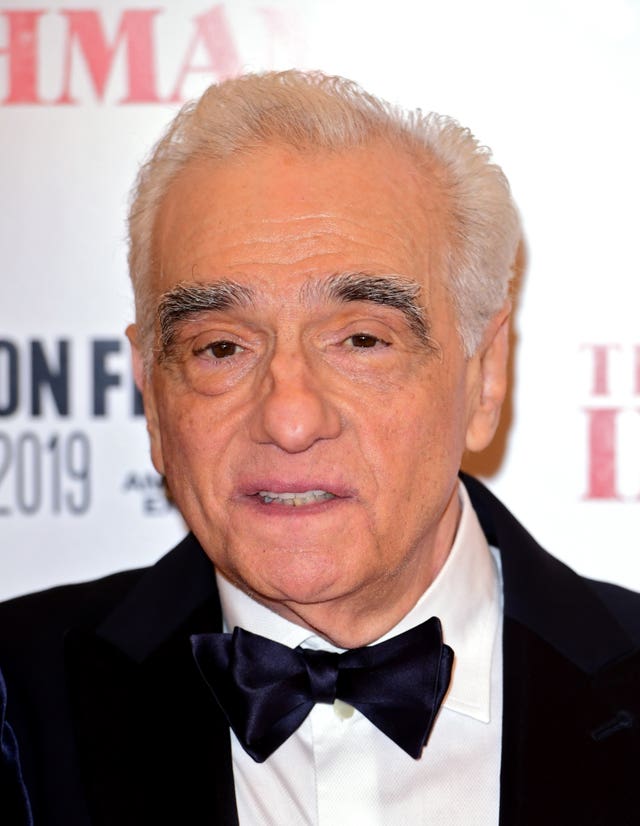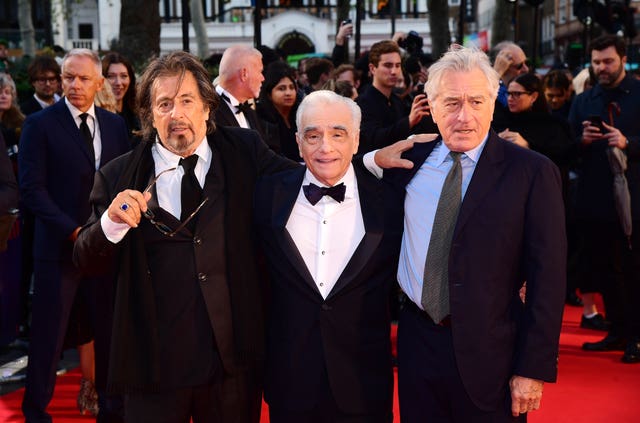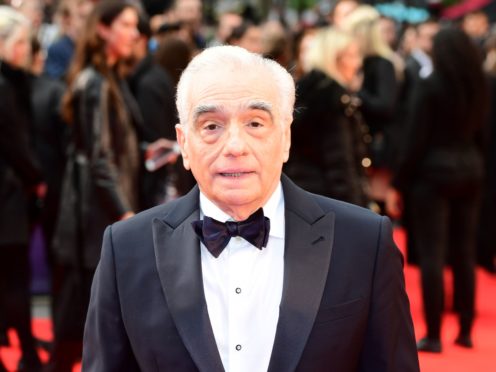Martin Scorsese has warned cinema is being “devalued, sidelined, demeaned and reduced” by being lumped together under the umbrella term “content,” as he criticised a lack of curation on streaming platforms.
The revered director, a staunch defender of the cinematic experience, said algorithms are damaging the artform and “treat the viewer as a consumer and nothing else”.
Scorsese, who released the 2019 crime epic The Irishman on Netflix, previously made headlines for criticising the industry dominance of superhero movies, comparing Marvel’s films to theme park rides.

His latest comments came in an essay for Harper’s magazine.
Scorsese, an Oscar-winning filmmaker behind classics including Raging Bull, Goodfellas and Casino, argued the term “content” is a relatively modern word when used in the context of cinema.
He said within the last 15 years, it was used “more and more by the people who took over media companies, most of whom knew nothing about the history of the artform, or even cared enough to think that they should”.
Scorsese said: “‘Content’ became a business term for all moving images: a David Lean movie, a cat video, a Super Bowl commercial, a superhero sequel, a series episode.
“It was linked, of course, not to the theatrical experience but to home viewing, on the streaming platforms that have come to overtake the moviegoing experience, just as Amazon overtook physical stores.”
Scorsese, 78, accepted he had benefited from the rise of streaming giants such as Netflix but decried what he sees as their lack of curation.
“It has created a situation in which everything is presented to the viewer on a level playing field, which sounds democratic but isn’t,” he wrote.
“If further viewing is ‘suggested’ by algorithms based on what you’ve already seen, and the suggestions are based only on subject matter or genre, then what does that do to the art of cinema?”
Scorsese used the essay to praise influential Italian filmmaker Federico Fellini. He compared Fellini to “Chaplin and Picasso and the Beatles, he was much bigger than his own art”.
He welcomed a recently released collection of Fellini’s work but lamented “everything has changed” in the modern industry.

Scorsese wrote: “We can’t depend on the movie business, such as it is, to take care of cinema. In the movie business, which is now the mass visual entertainment business, the emphasis is always on the word ‘business,’ and value is always determined by the amount of money to be made from any given property — in that sense, everything from Sunrise to La Strada to 2001 is now pretty much wrung dry and ready for the ‘Art Film’ swim lane on a streaming platform.”
Scorsese finished the essay by calling for greater curation and said the studios who own the rights to classic films have a responsibility not to keep them “locked away”.
He said: “Those of us who know the cinema and its history have to share our love and our knowledge with as many people as possible. And we have to make it crystal clear to the current legal owners of these films that they amount to much, much more than mere property to be exploited and then locked away.
“They are among the greatest treasures of our culture, and they must be treated accordingly.”
